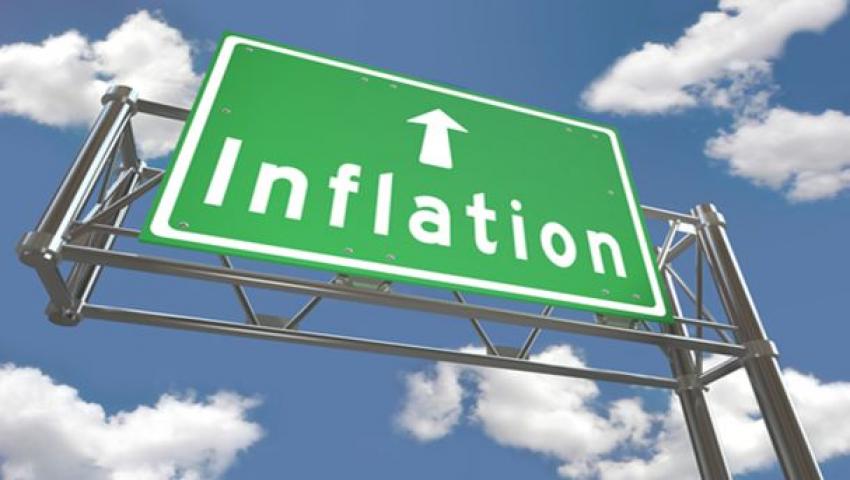Economist Adrian Nikolov commented on the three engines of inflation

In the decade between 2010 and 2020, we became accustomed to relatively slow growth in consumer prices, especially compared to the rapid rise in wages and incomes in general. In the last few months, however, the clearly high rate of price growth has brought the topic back to the forefront, commented economist Adrian Nikolov of the Institute for Market Economics.
The change is driven by several interrelated factors - commodity prices, "deferred inflation" and central bank policy.
First of all, inflation is far from homogeneous - the increase in the general consumer price index by 3% on an annual basis in July is not indicative of the real impact of rising prices on household budgets. The reason for this is the very different dynamics in the prices of different goods and services - while compared to July last year the growth in transport is 14.4%, in food the increase is 1.8%, and in clothing there is even a slight decrease, with 1.1%. At the lower level of aggregation we see the main drivers of price growth - on an annual basis the index of animal and vegetable oils increased by as much as 25%, gaseous fuels - by 47%, fuels and lubricants for personal transport - by 25%, of heat - by 13%. The much faster growth in these key groups for household budgets (along with the very high house prices in big cities) also explains why this time the topic is at the center of public discourse.
It is difficult to prioritize the factors that have pushed up consumer prices in the last few months. Against the background of the significant growth of fuels and energy products, we cannot help but stop at the large increase in raw material prices on international markets. Since the beginning of the year, the average crude oil prices have almost doubled to levels of 70-75 dollars per barrel, the dynamics is similar for natural gas. However, they largely depend on both the volume of production and the regular supply of raw materials. We must also keep in mind the impact of energy prices on virtually all consumer goods - when transport costs rise due to more expensive fuels, this affects the final price in the store of everything. We must not forget, however, that oil has risen in price a lot, but compared to the dramatic collapse in 2020 during the first wave of the pandemic and the subsequent practical blockade of transport, trade and industry. In the longer term, the price of oil is similar to that in part of 2018, and significantly lower than between 2011 and 2014.
In this sense, the higher inflation of the last few months can also be seen as a function of its significantly slower pace over the last decade. Despite the fears (and attempts to introduce price controls), even in the crisis year 2020, consumer prices did not show much dynamics, and in the period 2014-2016 - even a decline. In Bulgaria, and throughout Europe, some of the deflationary trends were supported by the residual effects of the global financial crisis of 2008 and the ensuing debt crisis in the euro area. At the same time, however, household incomes grew, leading to greater purchasing power. Hence, increased demand pushes up price levels. The impact of deferred consumption during the crisis months, when household expenditures were mainly focused on basic necessities, is not insignificant. The combination of these two factors means that part of the price growth we are seeing today is a kind of "delayed inflation".
In the medium term, however, the most important factor is the increased money supply. The crisis has prompted governments in Europe to "untie their purses" en masse - but this has meant much higher budget deficits, financed virtually indefinitely by newly created money from the ECB. Support for new public spending through recovery plans, which will again be financed with new debt on international markets, also began separately. This inevitably leads to an increase in consumer prices as a delayed, secondary effect. The measures for increasing the incomes, started and presented as temporary and anti-crisis by the previous government, have a similar impact, now it seems that all parties in sync are proposing various increases at the expense of the insurance funds and the state budget. As the post-crisis period will be marked by high public spending on economic recovery, this factor is likely to push up consumer prices as well.
The negative consequences of accelerated price growth are more than obvious - they eat away at money savings, shrink purchasing power and hamper entrepreneurs' ability to plan for the long term. The important question in everyone's minds is whether there is a risk of hyperinflation and a scenario like from the mid-1990s; to 2021 however, this question directs us to the actions of the European Central Bank, as well as, more generally, of the major central banks in general.
